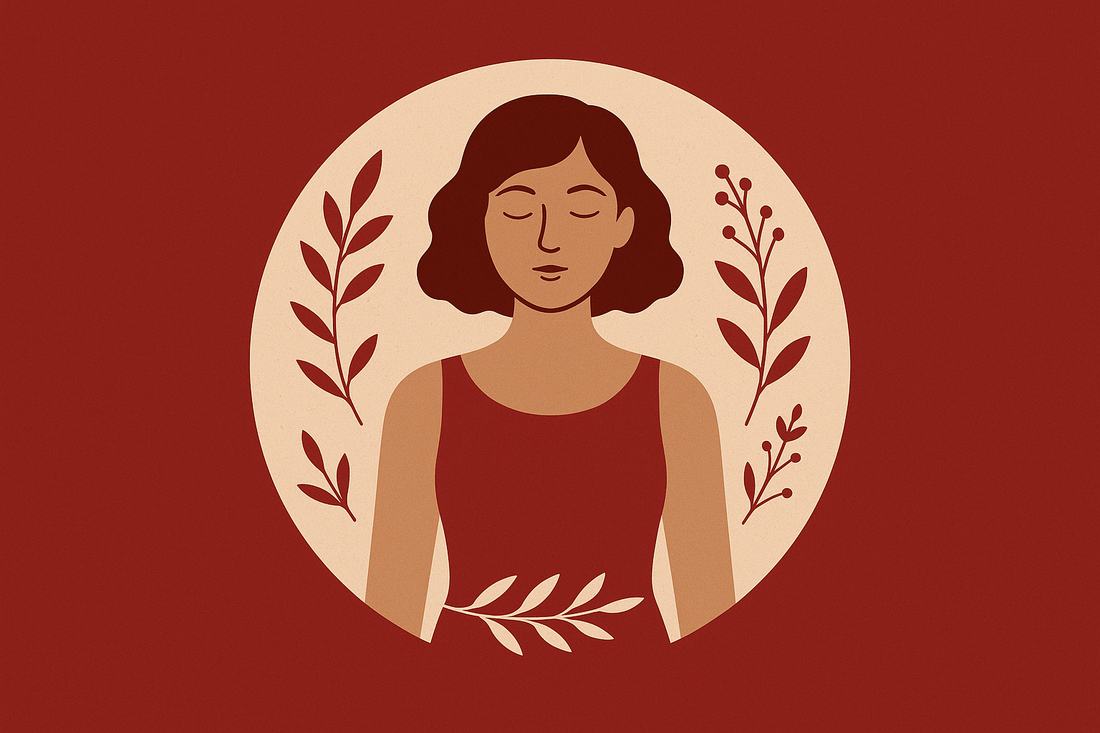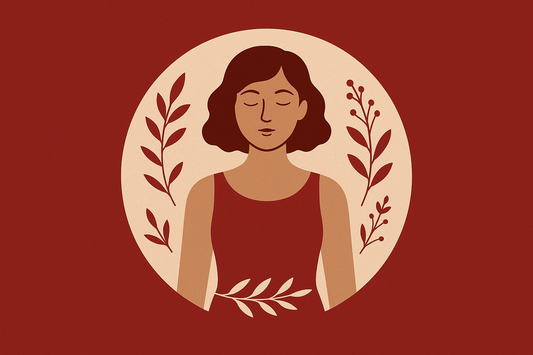Why Do Humans Menstruate?

Why Do Humans Menstruate?
Why do humans menstruate? It’s one of the most fascinating and misunderstood aspects of the human body. Every month, women experience a cycle that sheds the uterine lining — but few stop to ask why it happens at all.
Menstruation isn’t just about bleeding — it’s a powerful biological process that evolved to protect and prepare the body for pregnancy. And interestingly, only a few species on Earth experience it.
At SheCycles, we’re here to help you understand your body better — not just how it works, but why.
Why Did Humans Develop Periods?
Menstruation is part of the reproductive cycle — your body’s way of preparing for pregnancy.
Every month, the uterus builds up a nutrient-rich lining (the endometrium) where a fertilized egg could implant. If no pregnancy occurs, the body sheds this lining, resulting in a period.
This cycle repeats roughly every 28 days, governed by hormones like estrogen and progesterone.
Scientists believe humans evolved menstruation as a protective mechanism. The lining of the uterus acts as a barrier, ensuring only healthy embryos implant. This selective system may have given humans a higher chance of successful pregnancies.
Why Do Humans Have Periods but Most Animals Don’t?
Many animals have cycles — but they reabsorb the uterine lining instead of shedding it. This process is called “estrus”, not menstruation.
Humans, along with a few other species like chimpanzees, orangutans, and some bats, are unique in that we menstruate visibly.
Why?
Because our uterine lining is exceptionally thick and energy-demanding. Instead of reabsorbing it, the body flushes it out to reset the cycle efficiently.
So, when people ask “why do humans have periods but animals don’t?”, the answer is: most animals do — but it’s hidden inside their bodies.

What Is the Main Purpose of Menstruation?
The main purpose of menstruation is to:
- Prepare the uterus for pregnancy.
- Renew reproductive health monthly.
- Signal fertility and hormonal balance.
In short, it’s the body’s way of staying ready to create life — and staying healthy when it doesn’t.
Why Do Only Humans (and a Few Animals) Have Periods?
This question comes up often. Humans are among the few species that experience spontaneous ovulation — meaning the body releases an egg without needing mating as a trigger.
Because of that, the uterus must constantly prepare — and when fertilization doesn’t happen, it sheds the lining.
Other animals, like dogs or cats, ovulate only when mating — so they don’t need to menstruate regularly.
That’s why menstruation is so rare in nature — and why humans are one of the few who experience it monthly.
What Is a Period for Boys?
You might have seen this question trending online: “What is a period for boys?”
The short answer — boys don’t menstruate, because they don’t have a uterus. However, boys and men can experience hormonal fluctuations that affect mood, energy, and focus — often nicknamed “male cycles.”
Understanding menstruation helps everyone — boys included — develop empathy, awareness, and respect for the natural rhythms of the human body.

Cultural Perspectives: Religion & Menstruation
According to Hinduism
In Hindu tradition, menstruation is viewed as a time of purification and renewal. Ancient scriptures describe it as a natural cleansing process, not a punishment. However, cultural taboos sometimes overshadow this deeper meaning — something modern interpretations are helping to change.
According to the Bible
In Biblical texts, menstruation was associated with purity laws — describing it as a natural but sacred part of womanhood. These ancient views were less about shame, and more about understanding the mystery of fertility and renewal.
These perspectives show how humanity has always sought to explain the profound power of the menstrual cycle — through science, spirit, and symbolism.
Who Was the First Woman to Have a Period?
Technically, the first human woman to menstruate would have lived hundreds of thousands of years ago — as early humans evolved from primates.
Menstruation evolved alongside live birth and complex reproductive systems, meaning it has been part of human biology since our very beginning.
It’s not just a bodily function — it’s a sign of life continuing.
Why Is the Animal Not Period?
Most animals don’t “get periods” like humans because their reproductive systems evolved differently. Their bodies conserve energy by reabsorbing the uterine lining instead of releasing it.
So when people ask “why is the animal not period?” — it’s because menstruation is an evolutionary adaptation unique to certain mammals, like us.
Conclusion
Menstruation isn’t a burden — it’s a masterpiece of evolution.
It keeps the body in sync, the uterus healthy, and life possible.
So next time you wonder why humans menstruate, remember: it’s a natural rhythm that connects you to the very origins of humanity.
At SheCycles, we celebrate that power — and help you feel supported in every phase.
💡 Learn more in our blogs:



